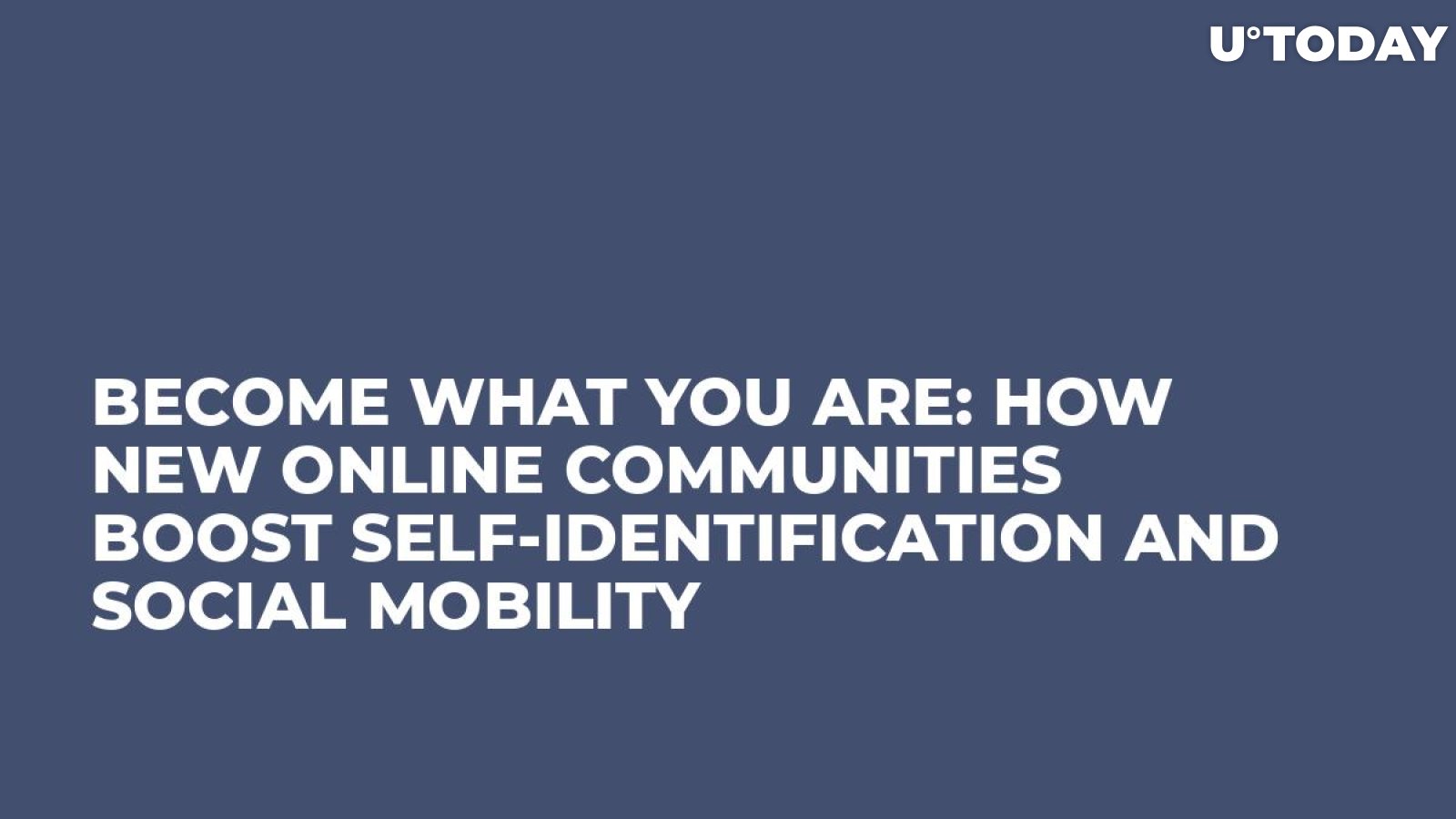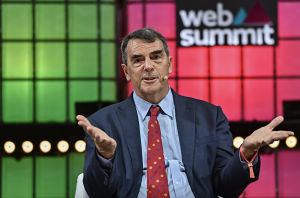The word “birthright,” when defined as an individual’s entitlement to particular benefits or possessions conferred at birth, has nearly faded from use. Indeed, it sounds anachronistic and almost un-American – “entitlement” itself has accumulated a multitude of negative connotations in recent years. We still believe certain truths to be self-evident and certain rights inalienable, at least in theory, but the concept of having a birthright to opportunities– or responsibilities– seems archaic.
These days, even in developed countries, most families are struggling to maintain a middle-class lifestyle at best, and have very little birthright, if any, to bestow on their offspring. On the other hand, it’s probably good news that we are inhabiting increasingly open and diverse societies, where we no longer view children as being destined for various privileges or deprivations by the context of their birth.
And yet, we cannot discount the role played by the circumstances of early life in determining an individual’s path and sense of place in the world. Thanks in part to the technological advances of the last few decades, that sense of place is becoming less dependent on geographical location or social status.
However, our identities are still forged through socialization– the process of internalizing societal and cultural norms that ensures the survival of individuals and the continuity of civilization.
We learn who we are and what our future lives may hold through the frameworks and narratives of our communities. As Internet technology changes the nature of our communities, so it must change the nature of our identities– and the way those identities can evolve over a lifetime.
Bring your own self
In the 19th-century, industrialization led to the formation of entire strata of new job categories. The change in the economic model permeated the social structure, leading people to question their place and purpose in it. Most were finding that although their awareness of life’s possibilities increased, the rigid socioeconomic framework prevented them from moving outside the bounds of the situation into which they were born.
In 1835, one of the great thinkers of the time Karl Marx, then 17 and just setting out on his own path, wrote in Reflections of a Young Man on The Choice of a Profession:
“We cannot always attain the position to which we believe we are called. Our relationships in society have to some extent already begun to be established before we are in a position to determine them.”
Learning opportunities were extremely limited, and even if one managed to attain the knowledge necessary for social and professional advancement, the barriers to entering– or leaving– communities were too high.
Community boundaries gradually became more permeable through the 19th and 20th century, but the decisive shift happened when growing Internet adoption fostered the emergence of online communities that required no qualifications for entry aside from internet access and were unrestricted by geographic or demographic considerations. For the first time, individuals could introduce themselves on their own terms to a supportive group of people with shared beliefs, interests and codes of conduct– even if most of them would never meet face to face.
Internet technology made the editorial composition of one’s online identity and facilitated connections far beyond the reach of “natural-born” communities possible. The user, represented through networks of social connections in different digital environments, was liberated from the restrictions of real life, free to choose community affiliations and abandon them at will.
Community mix and match
Communities are central to a healthy society, and though they may vary in their form and implementation, certain factors contribute to the feeling of belonging that forms the basis for self-definition. An influential 1986 study by David McMillan and David Chavis found that there are four enduring elements that contribute to a sense of community: membership, influence, integration and fulfillment of needs, and shared emotional connection.
Throughout life, the relative significance of those elements is likely to shift– while influence and agency may be more significant at some stages, an emotional bond is paramount during others. Not only do people change over time, but their community needs may be wide-ranging and even contradictory. Now, we can find a community to support our every interest, to validate every side of our personality.
As the technology of remote communication improves and online communities proliferate, the search for the right community becomes more refined, the choices more nuanced. This variety translates into freedom to be completely unpegged, fully customized– not fitting neatly into any category, yet finding communion in a multitude of settings.
Beam me up: decentralized mobility
Another great 19th-century thinker, Ralph Waldo Emerson, envisioned the ideal path of self-identification– “The only person you are destined to become is the person you decide to be.” The realization of this vision is more possible now than it has ever been in human history, although recently indicators of socioeconomic mobility have been falling in many nations, including the US, due to a combination of economic and political factors.
While online communities have allowed members to be who they decide to be socially and professionally, they have been powerless to release members from the constraints of centralized financial institutions– until recently. Now, the integration of decentralized solutions with community platforms has the potential to provide increased financial independence as well.
Transparent transactions, accessible investment tools, smart contracts and rewards for added value can give users control over their finances in the same way that online communities have given them control over their identities.
Moving to perfection
Perhaps wider participation in community platforms that use advanced technology to make membership more transparent, secure and promotive of social mobility could help us finally bring to life the dream of a young Karl Marx, as he formulated it in the same work from 1835. He spoke about profession, but it serves equally as inspiration for the pursuit of any calling, passion or identity:
“If the conditions of our life permit us to choose any profession we like, we may adopt the one that assures us the greatest worth, one which is based on ideas of whose truth we are thoroughly convinced, which offers us the widest scope to work for mankind, and for ourselves to approach closer to the general aim for which every profession is but a means- perfection.”










